Understanding Dementia: Symptoms, Causes, and Care
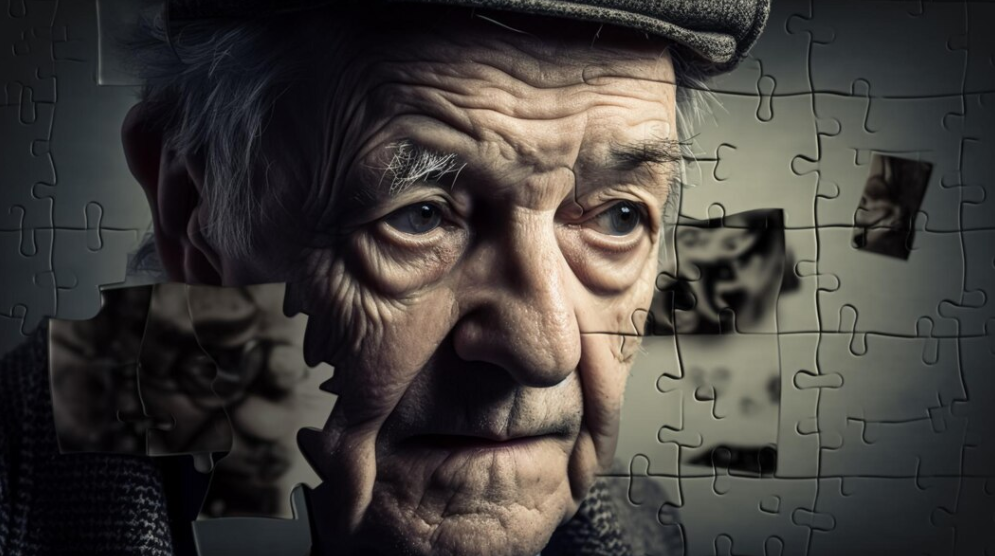
©️ atlascompany / Freepik
Dementia is a general term for a decline in mental abilities that interferes with daily life. It’s not a single disease, but a group of conditions with various causes. While memory loss is a common symptom, dementia affects many other cognitive functions too.
This article provides a starting point for understanding dementia, including its symptoms, causes, diagnosis, treatment options, and stages. It also explores the difference between dementia and Alzheimer’s disease, as well as tips for living with and caring for someone with dementia.
A Grandmothers Story
Lila’s world had shrunk to the size of a teacup. The vibrant woman who once led nature walks and filled the house with laughter now spent her days adrift in a sea of fragmented memories. Her granddaughter, Maya, would visit every Wednesday, a lifeline in the storm of Lila’s dementia.
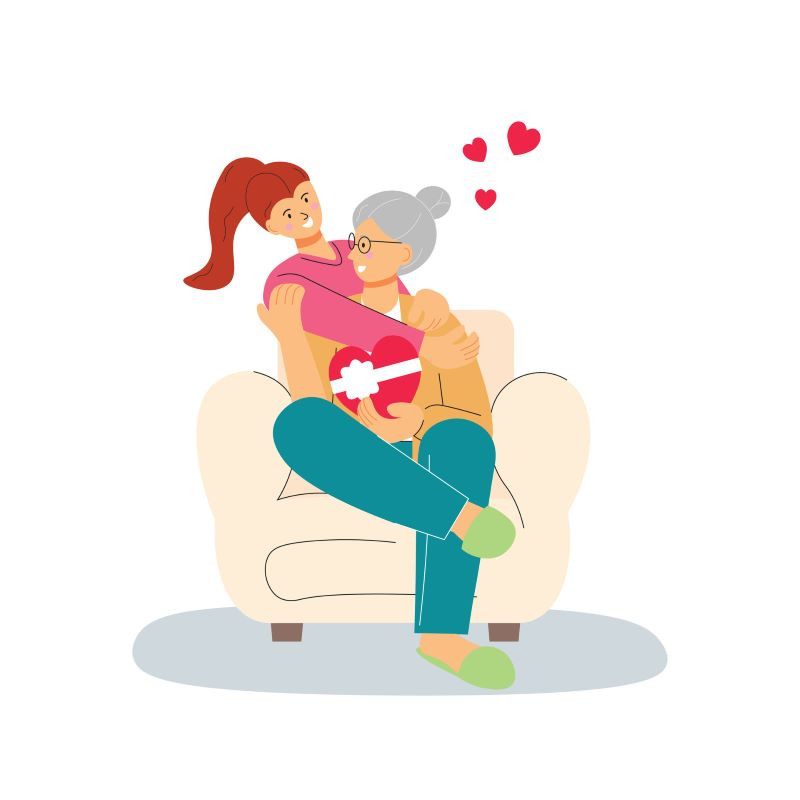
Today, Maya found Lila humming a melody, swaying gently in her rocking chair. The melody was from a lullaby Maya barely remembered, a song Lila used to sing to her mother. A lump formed in Maya’s throat. “Grandma,” she said softly, “That’s a beautiful song.”
Lila’s eyes, clouded over with the disease, flickered with recognition. “For my little Sarah,” she whispered, a smile gracing her lips. Sarah was Lila’s daughter, Maya’s mother, who had passed away years ago.
Maya sat beside her, gently taking Lila’s hand. “Mom loved that song,” she said, her voice thick with emotion. Lila hummed again, a tear rolling down her cheek.
Suddenly, Lila’s brow furrowed. “Where is Sarah?” she asked, a tremor of fear in her voice.
. . .
Maya knew the answer could pull Lila further from reality. Instead, she pointed to a framed photo on the mantelpiece. “She’s right there, Grandma. with dad.” The photo showed a younger Sarah, Maya as a child, and Maya’s father beaming beside them.

Lila squinted at the picture, a flicker of understanding crossing her face. “We went on a picnic,” she announced proudly, pointing at a wicker basket in the picture. “To the meadow by the river.”
A smile bloomed on Maya’s face. “That’s right, Grandma. You made the best sandwiches.” They spent the rest of the afternoon reminiscing about picnics, walks in the meadow, and Lila’s legendary baking skills. Though Lila’s memories were fragmented, the emotions attached to them remained vibrant.
As Maya got ready to leave, Lila’s eyes welled up again. “Promise you’ll come back, Sarah?” she pleaded, using her daughter’s name again.
Maya squeezed her hand. “Of course, Grandma. I’ll see you next Wednesday.”
Leaving was always the hardest part. But Maya knew that even if Lila didn’t remember her visits, these shared moments, these snatches of joy, were a way to keep the essence of their bond alive. In the twilight of Lila’s mind, Maya hoped to be a flicker of warmth, a melody from a cherished lullaby.
Disclaimer: While this story explores themes of Dementia, it is a fictional narrative. It is not based on a specific individual’s experience and is meant to provide a glimpse into the potential challenges and triumphs someone with Dementia might face.
Dementia Symptoms
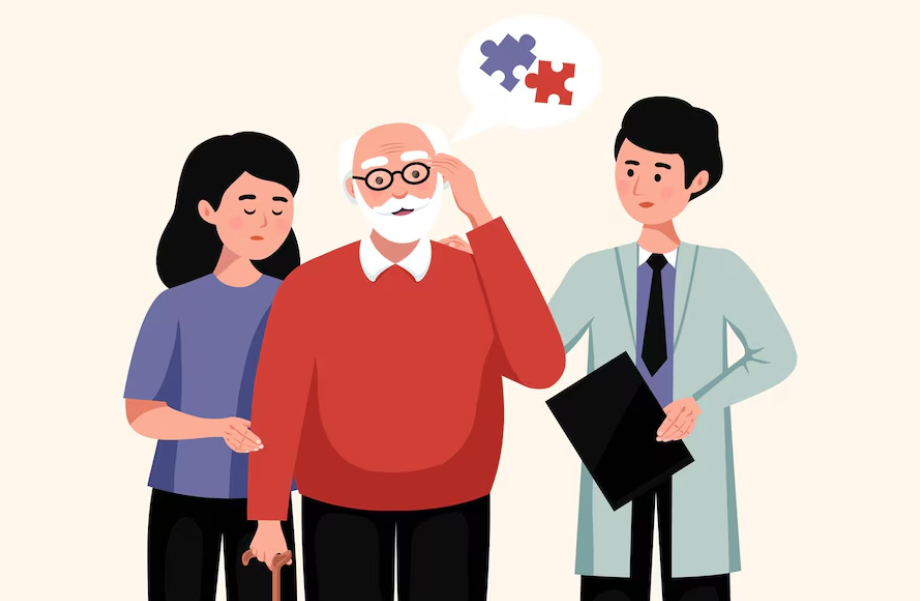
- Memory loss: Forgetting recent events, names, or familiar places is a common early sign.
- Difficulty with daily tasks: Struggling with tasks once considered routine, like managing finances or following a recipe.
- Communication problems: Difficulty finding the right words, following conversations, or expressing thoughts clearly.
- Disorientation: Confusion about time, place, or even who they are.
- Poor judgment: Making risky decisions or showing a decline in common sense.
- Personality changes: Becoming withdrawn, anxious, or easily agitated.
Dementia Causes, Diagnosis and Treatment
Several factors can contribute to dementia, including:
- Alzheimer’s disease (most common cause)
- Vascular dementia (caused by stroke or poor blood flow to the brain)
- Lewy body dementia (abnormal protein deposits in the brain)
- Frontotemporal dementia (affects behavior, personality, and language)
There’s no single test for dementia. Diagnosis typically involves a medical history, physical and neurological exam, mental status tests, and sometimes brain imaging scans.
While there’s no cure for dementia, medications can sometimes help manage symptoms and slow progression. Treatment may also involve therapy, support groups, and lifestyle changes to maintain cognitive function for as long as possible.
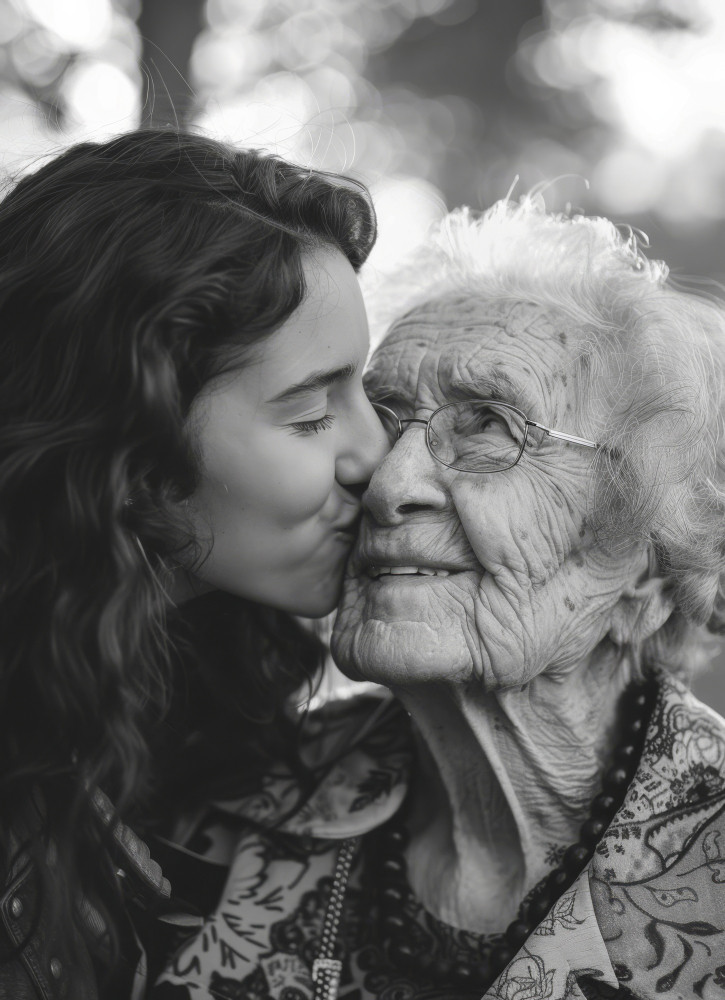
Dementia Stages
Dementia is a progressive condition, meaning it worsens over time. The speed of this decline varies greatly, but it typically follows a recognizable pattern with distinct stages.
Here is a breakdown of the common stages of dementia:
1. Early Stage (Mild Cognitive Decline)
This is often the most challenging stage to detect as symptoms can be subtle. Here’s what you might notice:
- Increased forgetfulness: Misplacing keys, forgetting appointments, or having trouble remembering recently learned information.
- Mild difficulty with tasks: Tasks that were once routine, like following a recipe or balancing a checkbook, might become more challenging.
- Changes in personality or mood: Some people may become withdrawn, anxious, or easily frustrated.
2. Middle Stage (Moderate Cognitive Decline)
As the disease progresses, symptoms become more noticeable and may affect daily life more significantly. This stage might involve:
- More frequent memory lapses: Forgetting names of close family or friends, getting lost in familiar places.
- Difficulty with communication: Struggling to find the right words, following conversations, or expressing thoughts clearly.
- Changes in reasoning and judgment: Making risky decisions or showing a decline in common sense.
- Increased need for assistance with daily activities: Tasks like bathing, dressing, or preparing meals may require some help.
3. Late Stage (Severe Cognitive Decline)
In the later stages, dementia significantly impacts a person’s ability to care for themselves. Here’s what you might see:
- Severe memory loss: Little to no recognition of familiar people or places.
- Difficulty communicating: May be unable to speak or understand speech fully.
- Complete dependence on others for daily care: Requiring assistance with all basic needs.
- Personality changes: May become withdrawn, agitated, or even aggressive.
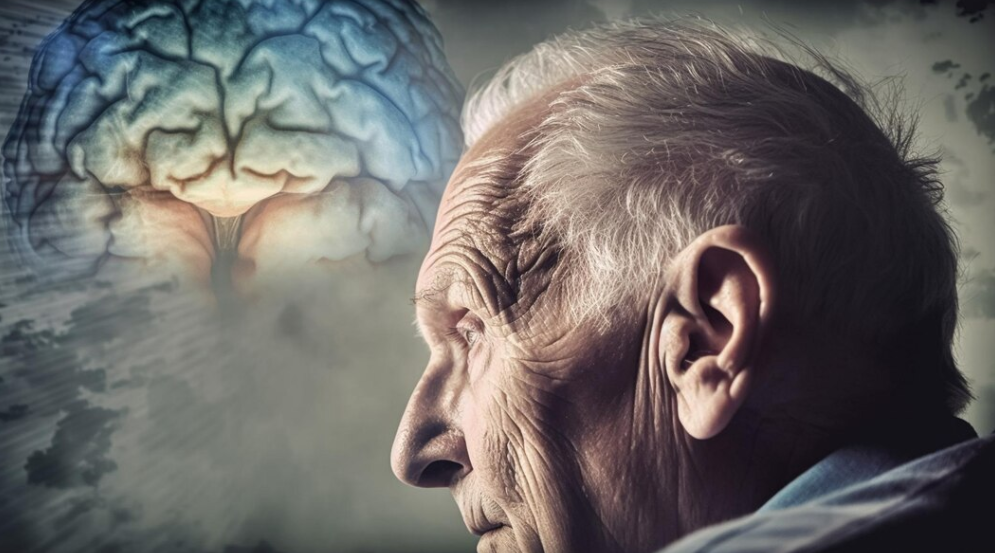
Important Reminder:
- These stages are a general guideline, and the progression can vary for each individual.
- Some people may experience a more rapid decline, while others may stay in a particular stage for a longer period.
- There may be overlaps between stages, and symptoms can fluctuate.
It’s important to consult with a healthcare professional if you notice any concerning signs of dementia in yourself or a loved one. Early diagnosis and intervention can help manage symptoms, improve quality of life, and provide support for both the person with dementia and their caregivers.
Memory Loss and Dementia
It’s important to be aware of the early signs of dementia, which can be subtle. These might include forgetting recently learned information, struggling with planning or problem-solving, or experiencing difficulty finding the right words.
Memory loss is a common symptom of dementia, but it doesn’t necessarily mean you have dementia. Occasional forgetfulness is a normal part of aging. However, if memory loss disrupts daily life, it’s important to see a doctor.
Dementia vs. Alzheimer’s Disease
Alzheimer’s disease is the most common cause of dementia, but it’s not the only one. Dementia is a broader term, while Alzheimer’s is a specific disease.
Here’s a table summarizing the key differences:
| Feature | Dementia | Alzheimer’s Disease |
|---|---|---|
| Type | General term for a decline in cognitive function | Specific neurological disease |
| Cause | Various underlying diseases | A buildup of protein deposits in the brain |
| Symptoms | Memory loss, difficulty with tasks, communication problems, personality changes | Memory loss (first and most prominent), language difficulties, reasoning problems, visuospatial problems |
| Progression | Varies depending on the underlying cause | Progressive, worsens over time |
Analogy
Think of dementia as a large library. Alzheimer’s disease would be one specific way the books in that library can become damaged. Other diseases or injuries could also damage the books in different ways, leading to similar problems accessing information (dementia symptoms).
Living With Dementia
Living with dementia can be challenging, but there are ways to cope. Maintaining a healthy lifestyle, staying socially engaged, and creating a safe and supportive home environment can all contribute to a better quality of life.
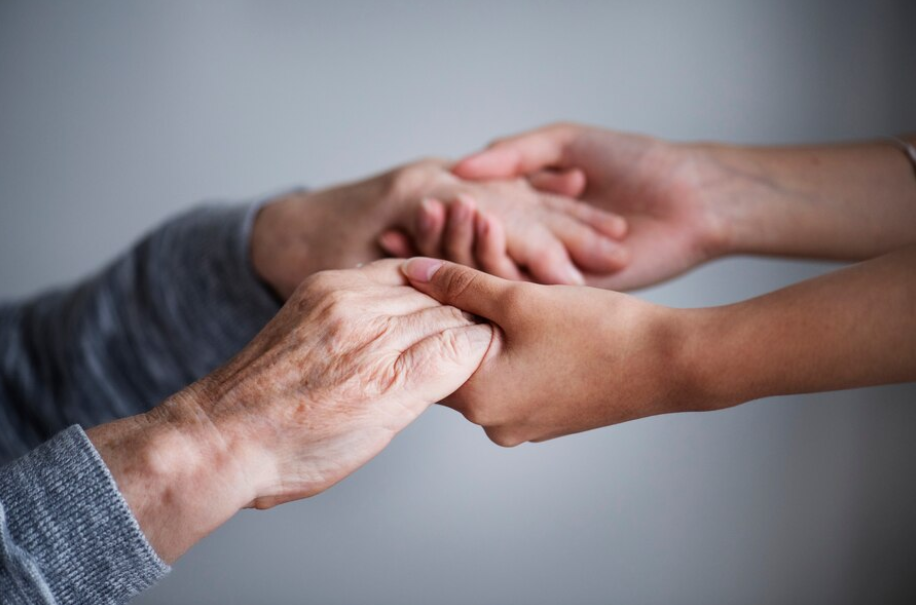
Caring for someone with dementia requires patience, understanding, and support. There are resources available to help caregivers, including educational programs, support groups, and respite care services.
If you’re concerned about yourself or someone you know, talk to a doctor. Early diagnosis and intervention can make a significant difference in managing dementia.
You may also like: Can This Fruit Actually Prevent Dementia?


